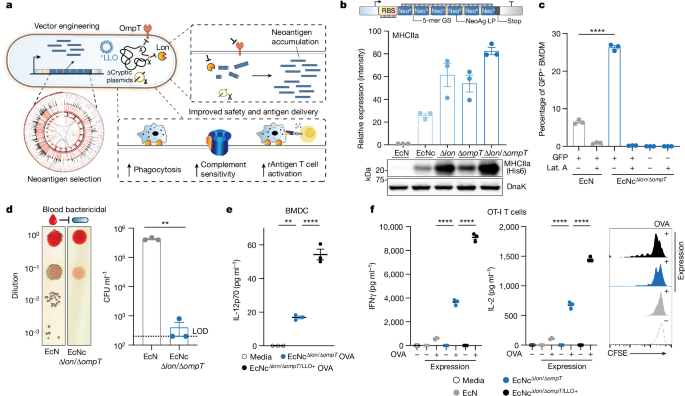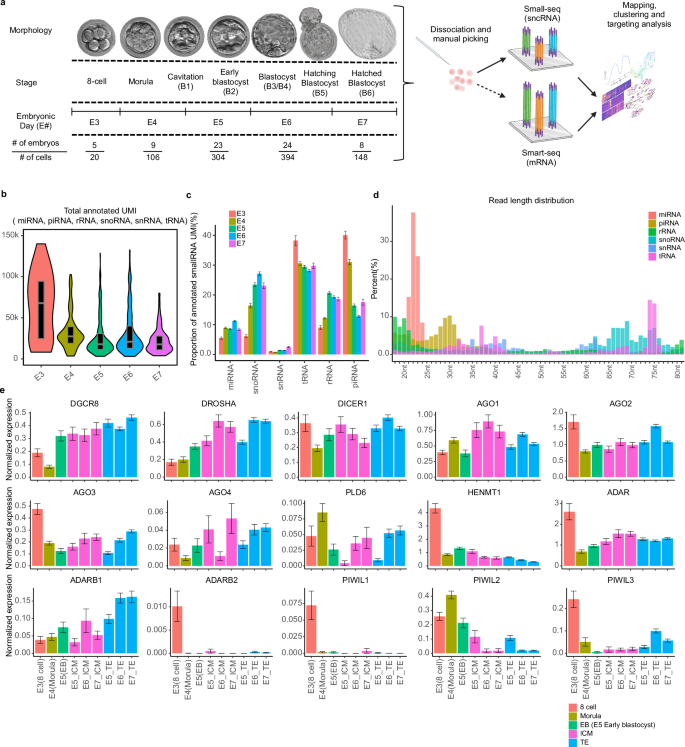2024-10-16 インペリアル・カレッジ・ロンドン(ICL)
<関連情報>
- https://www.imperial.ac.uk/news/257074/no-evidence-that-allergens-transmitted-aircraft/
- https://adc.bmj.com/content/early/2024/09/27/archdischild-2024-327848
ナッツやその他の食物アレルギーのある方のフライト:事実と虚構の区別を解き明かす Flying with nut and other food allergies: unravelling fact from fiction
Paul Turner,Nigel Dowdall
Archives of Disease in Childhood Published October 16, 2024
DOI:https://doi.org/10.1136/archdischild-2024-327848

Abstract
There is a common perception that peanut/tree nut particles can be transmitted through aircraft ventilation systems and pose a significant risk to passengers with food allergies. In fact, food-induced allergic reactions are around 10–100 times less common during flights than ‘on the ground’, perhaps because of the multiple precautions food-allergic passengers take when flying. We review the evidence for strategies to help prevent accidental allergic reactions while travelling on commercial flights (review registered at PROSPERO, ref CRD42022384341). Research studies (including aircraft simulations) show no evidence to support airborne transmission of nut allergens as a likely phenomenon. Announcements requesting ‘nut bans’ are not therefore supported, and may instal a false sense of security. The most effective measure is for passengers to wipe down their seat area (including tray table and seat-back entertainment system). Food proteins are often ‘sticky’ and adhere to these surfaces, from where they are easily transferred to a person’s hands and onto food that might be consumed. Airline companies can help to facilitate this through pre-boarding. Passengers at risk of anaphylaxis should be prescribed two adrenaline [epinephrine] autoinjector devices, to carry on their person at all times—including when flying. Airlines should consider including a separate supply of ‘general use’ adrenaline autoinjectors in the onboard medical kit for use in an emergency. All airlines should have clear policies relating to food allergies which are easily available from their websites or on request. These policies should be applied consistently by both ground staff and cabin crew, in order to provide reassurance to food-allergic passengers and their caregivers.


